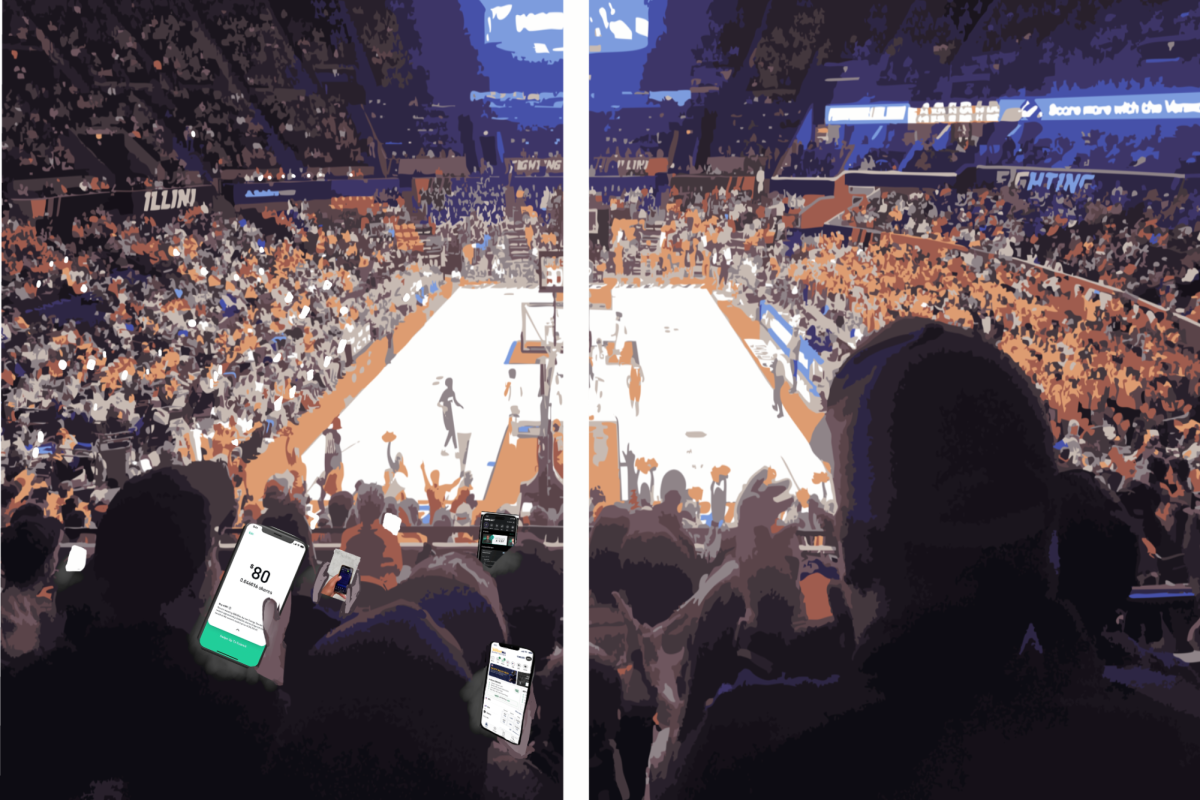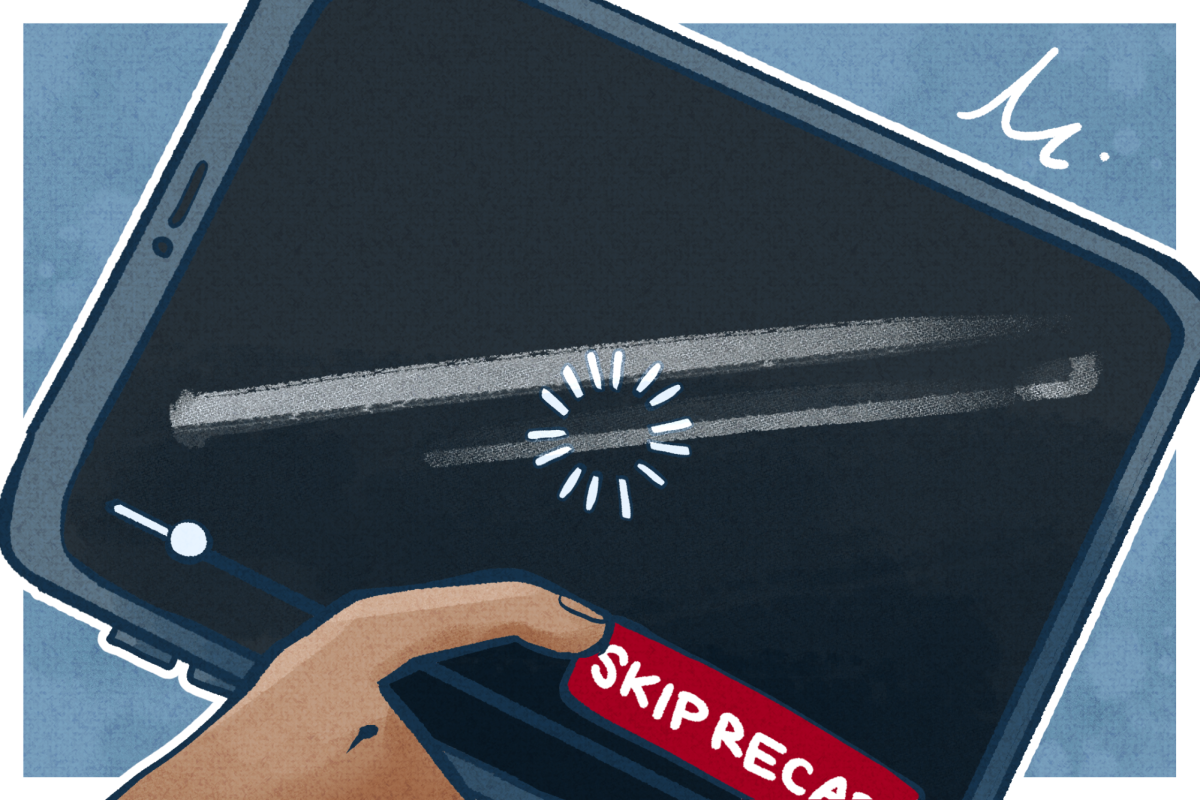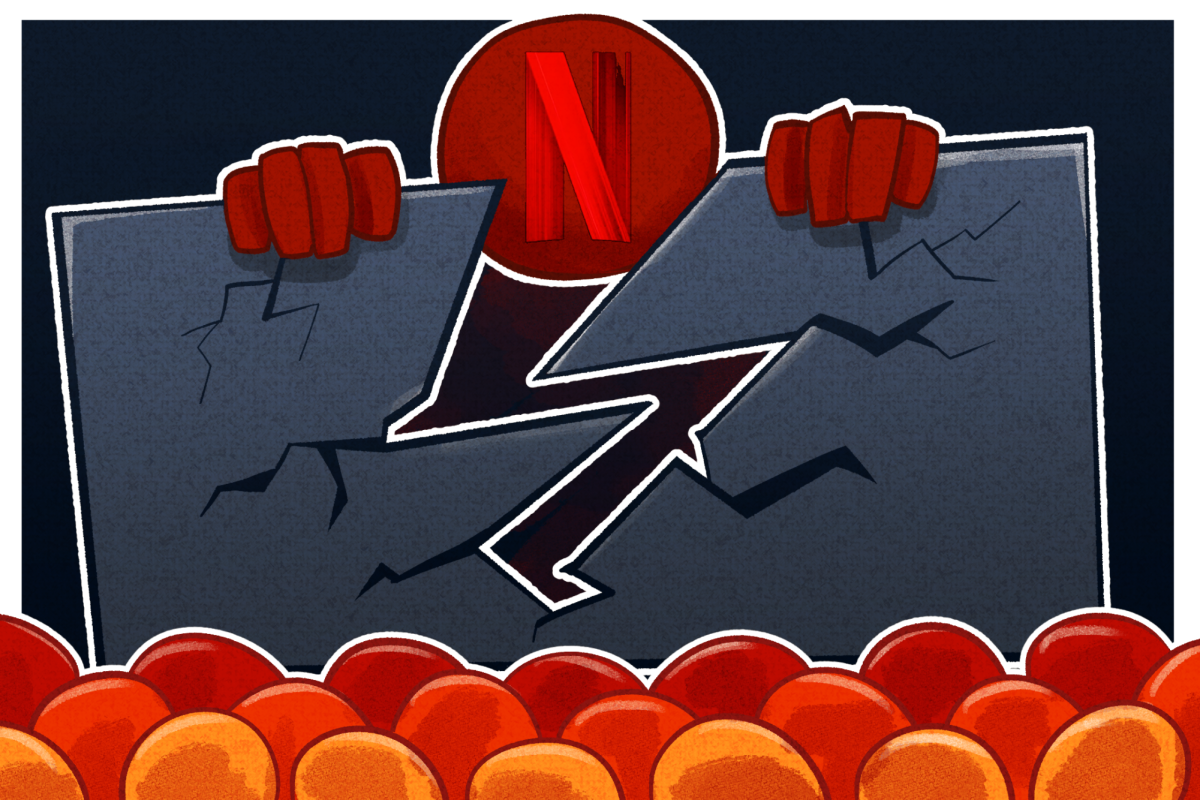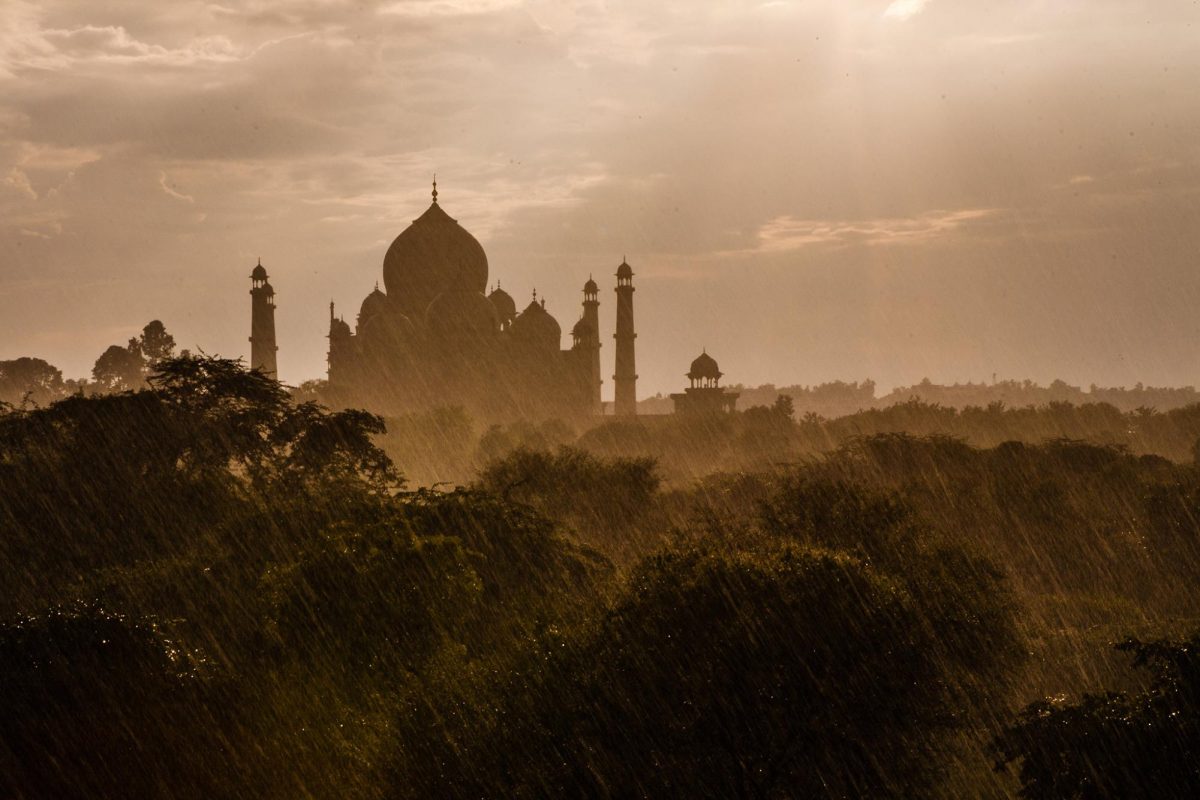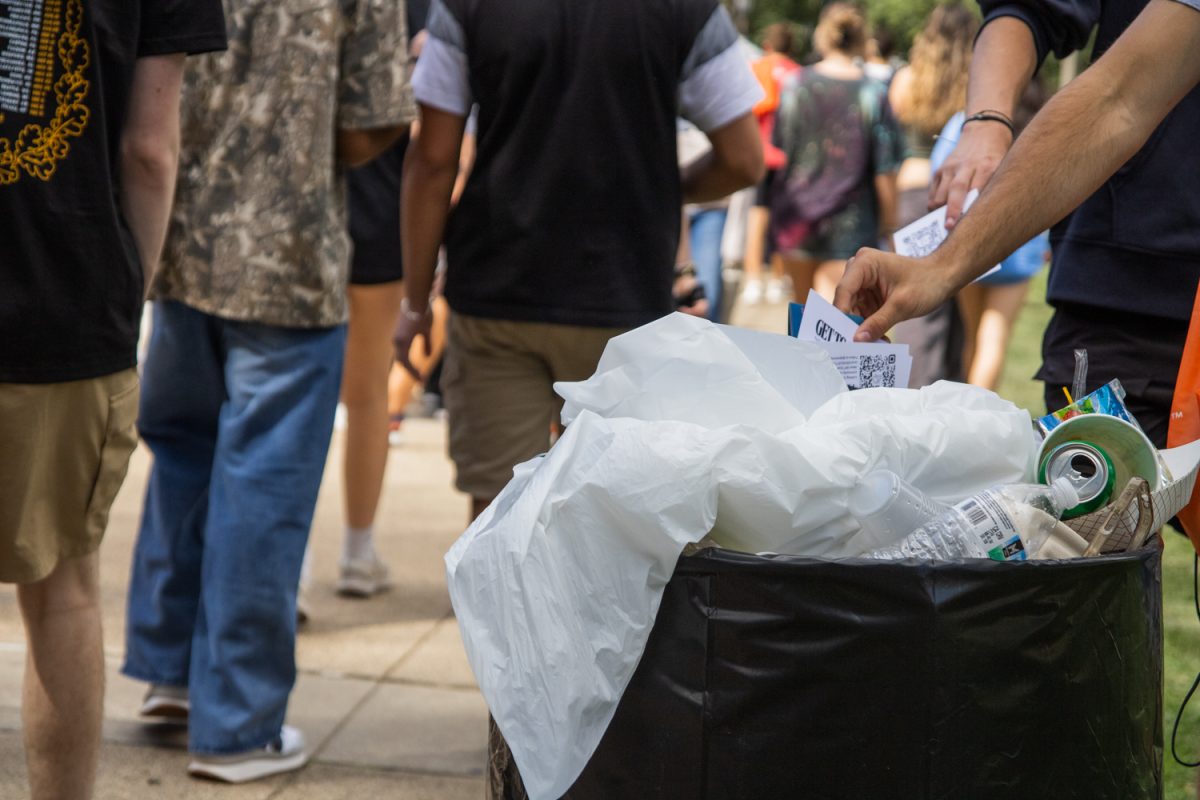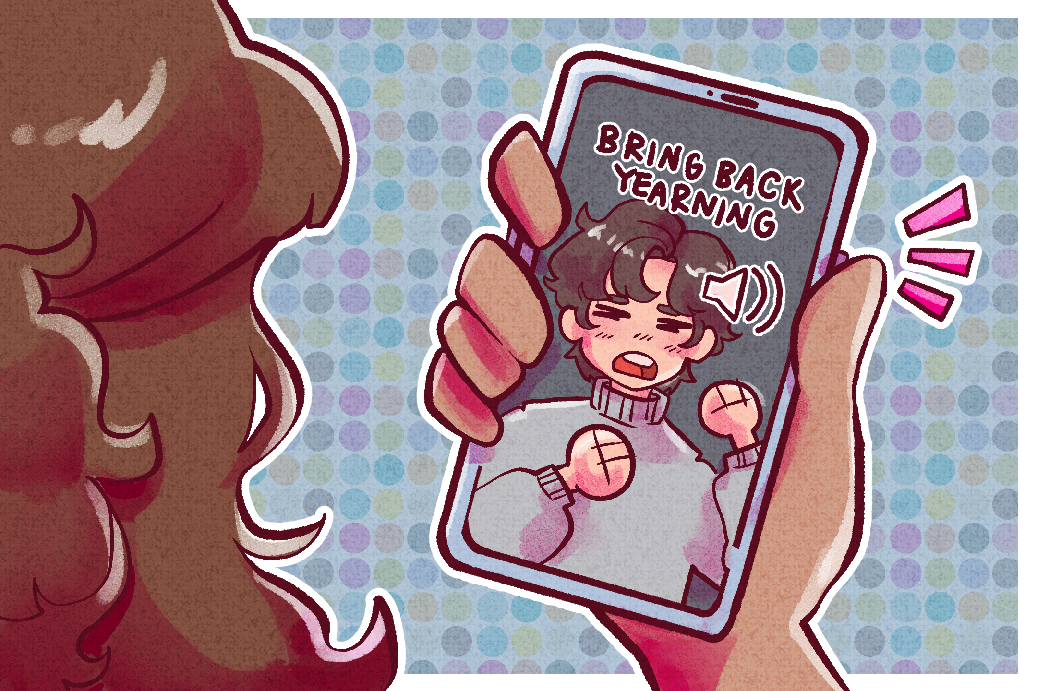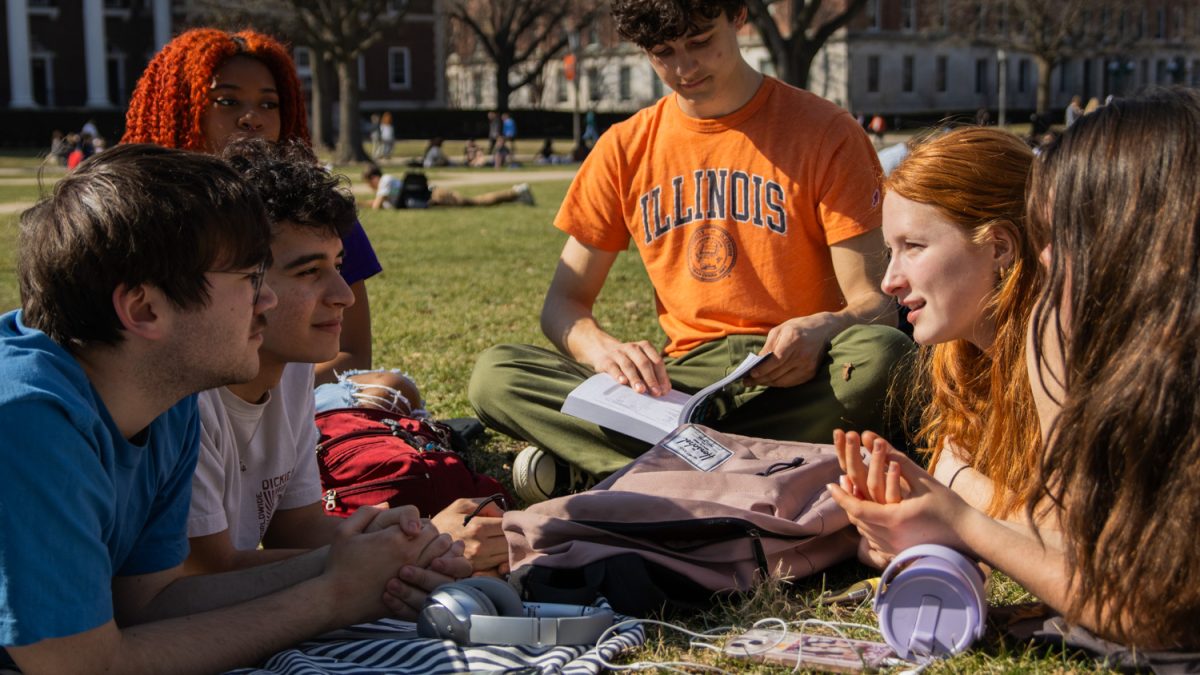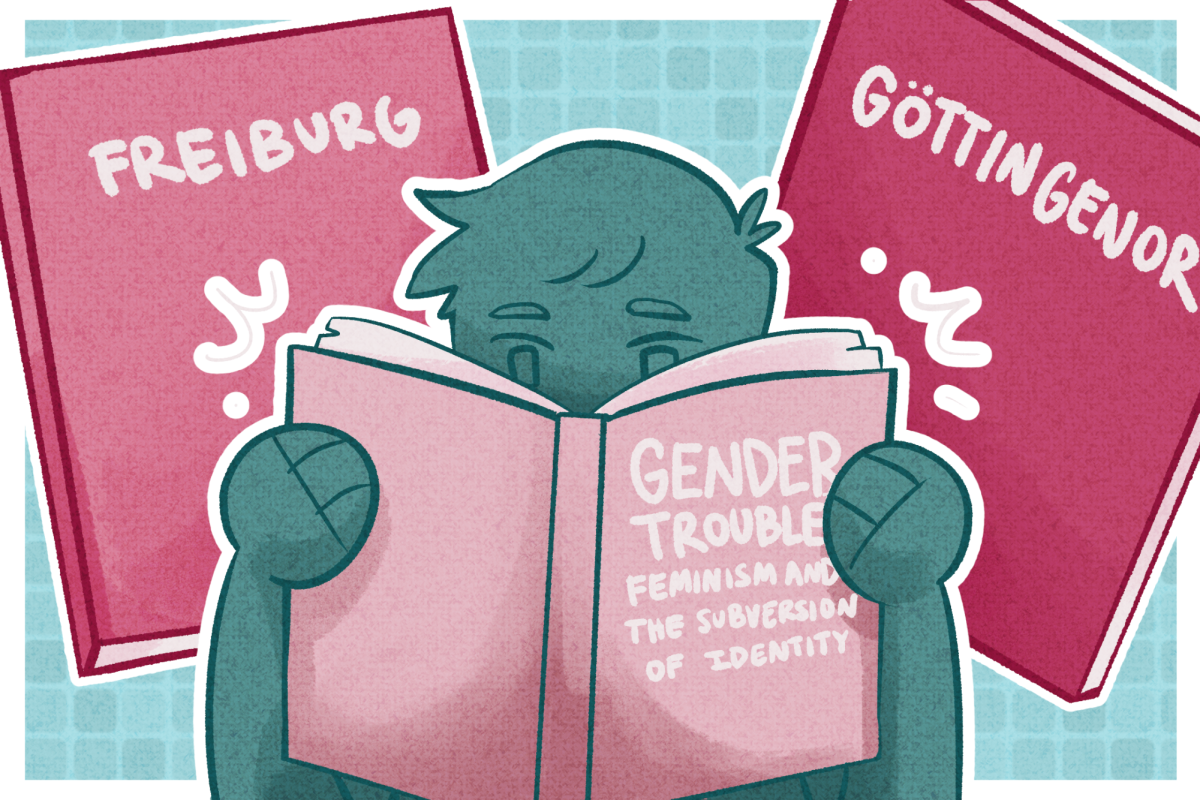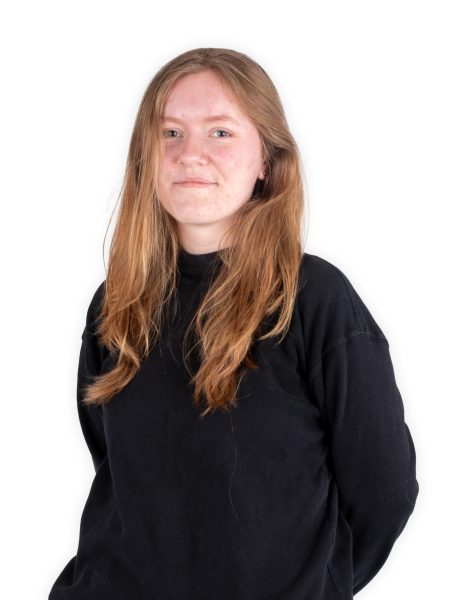When I was younger, my parents used to talk about learning as a chase, a sort of endless pursuit — they described new concepts as an excitement that would keep me forever interested in the art of studying.
And it was. When I was younger, it felt like my educational path, while straightforward, was full of probings and responses. All it took was a question from my end to receive an answer. I didn’t have to think about what came in between the two.
Now, that excitement has slowly dulled away as I’ve become increasingly aware of the path between the question and the answer. Schoolwork feels more like a game of evasion, desperately trying to dodge the limited free articles and growing necessity of digital note-taking apps.
That’s right; following the pandemic, it’s become clear to students that grocery store and gas prices aren’t the only products that have risen in price. Academic apps and websites have found ways to monetize every aspect of what makes them appealing.
I mean, why wouldn’t they? In a capitalist market, it’s only logical. During the pandemic, our descent into the world of technology was maximized, making us more reliant than ever on tools of the internet.
Get The Daily Illini in your inbox!
So, who is easier to target than students?
Students whose numbers are rapidly multiplying each year, and make up a huge group of possible consumers. Students who have no choice but to pay for the rapidly adapting “study-scape” of the 21st century. Students like me, who were given access to specific technology throughout high school, became dependent on it for study habits and then had it stripped away as they went to college.
For many digital note takers, Notability and GoodNotes have become staples. Through these apps, students can download textbooks and use search mechanisms to identify keywords, an advantage physical textbook users lack.
But Notability is hardly where it ends. Even publicly created study sets — that is, study sets created by the people, for the people — have been monetized. Thanks to the quickly shifting landscape of study technology from artificial intelligence tools, apps like Quizlet have been able to reason their sudden switch to paid learning.
Even if they didn’t create the content students were using.
Similarly, news sites like Forbes and The Washington Post offer limited articles for free, complicating access to current news. Finding news sites that report accurate information has now become a struggle within itself.
This struggle is more prevalent than ever here in Champaign-Urbana, where the local newspaper, The News-Gazette, has maintained a paywall that forces the population to rely on alternative news sites like The Daily Illini.
The endless race for subscriptions, mirrored in the switch from one-time payments to monthly installments by Photoshop and Adobe, has been multiple companies’ ploy to increase revenue flow. But to me, monthly installments are a barrier. They’re a hindrance to my desire to explore; a time-based blockade that imposes creative limitations out of my hands.
Naturally, some will say that students should invest. Weigh the costs and benefits, and identify which apps they should pay for.
But here’s the thing: Everything needs a subscription nowadays.
To access the Learn feature on Quizlet. To read an article about top companies from Forbes. To make a Kahoot that can host more than 30 people. Almost every useful, easily accessible resource has begun demanding a fee for use, and to me, further defines the lines between students from various socioeconomic levels.
In addition to the obvious academic benefits of these study apps, they also clearly have an influence on individual students’ sense of belonging.
It’s undeniable that companies will continue to monetize as many aspects of their resources as they can. Education will, and already has, turned into a winding path of searching for information.
Unless we determine a way to level that path — to give students the best possible chance at earning their degree and offering a balanced understanding of current events — it is very likely that our generation will adopt the nihilistic mentality that the generations before us have popularized.
Ananya is a freshman in LAS.




